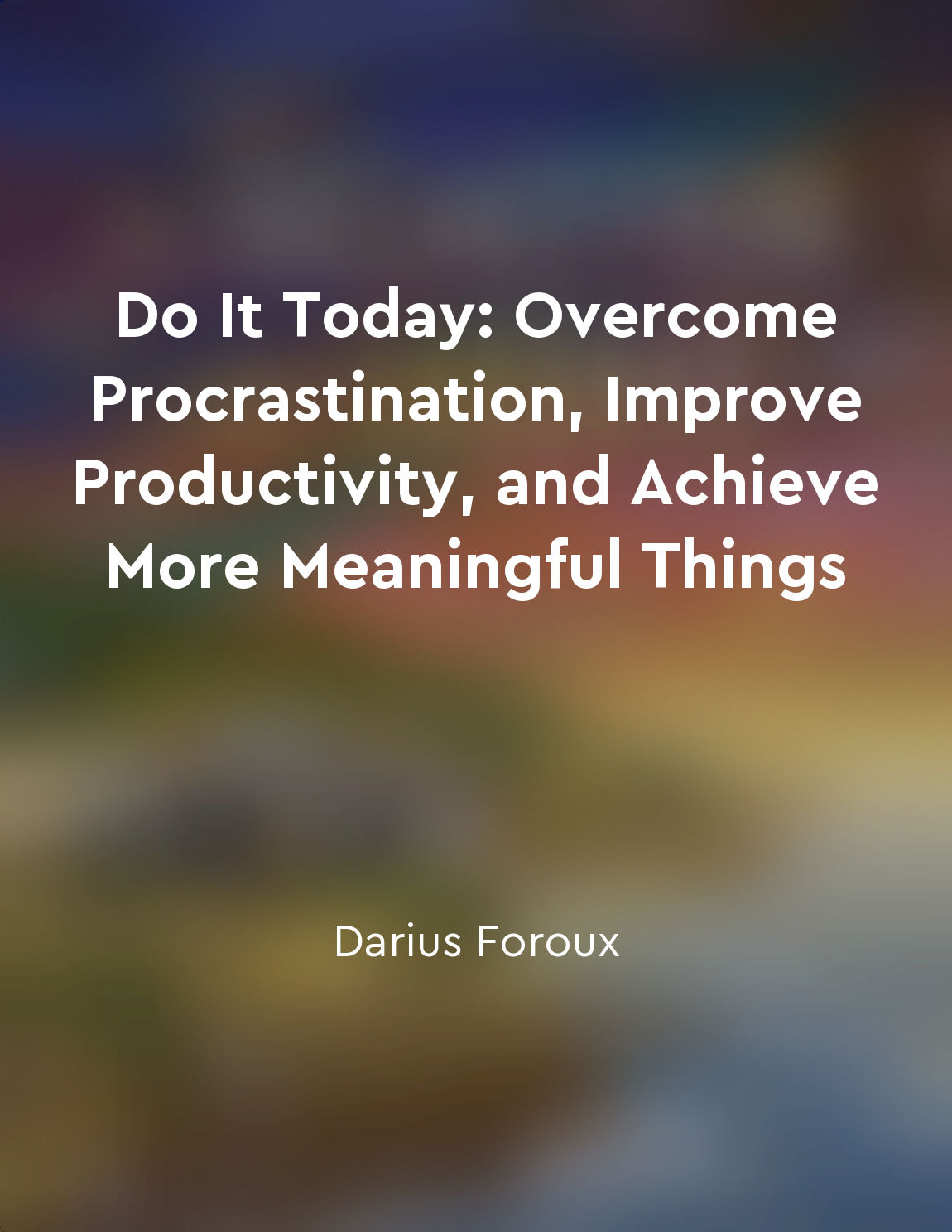Audio available in app
Embrace feedback as a tool for growth and refinement from "summary" of The McKinsey Way by Ethan M. Rasiel
Receiving feedback is an integral part of personal and professional development. It serves as a mirror reflecting strengths and weaknesses, illuminating areas for improvement. When approached with an open mind, feedback becomes a catalyst for change, enhancing skills and refining approaches. Constructive criticism, when delivered thoughtfully, encourages introspection. Engaging with this feedback fosters self-awareness, allowing individuals to recognize blind spots that may hinder progress. By actively seeking out diverse viewpoints, one can cultivate a richer understanding of performance and expectations. Creating a culture that values feedback is essential. Encouragement from peers and leaders to share honest opinions nurtures an environment where improvement is not only accepted but celebrated. In such a setting, individuals feel empowered to take risks, knowing that any missteps will be viewed as opportunities for learning rather than failures. Responding to feedback with curiosity rather than defensiveness is key. It transforms potential discomfort into a productive dialogue. Questions such as “What can I learn from this?” or “How can I apply this insight?” help shift the focus from criticism to growth. This proactive stance enhances resilience, enabling individuals to adapt and refine their strategies effectively.- This approach leads to significant improvements in performance, creating a cycle of ongoing development and achievement. The journey of embracing feedback ultimately leads to a more polished and effective individual, ready to tackle new challenges with confidence and skill.
Similar Posts
Avoid multitasking and focus on one task at a time
Multitasking is a common practice in today's fast-paced world. We often believe that by juggling multiple tasks at once, we can...

Effort is the foundation of achievement and success
The concept that stands out in the book is the idea that achievement and success are built upon effort. This means that in orde...
Foster a culture of creativity
To create something new and valuable, it is essential to foster a culture that encourages creativity and innovation. This invol...
Setting boundaries is important for emotional health
Establishing boundaries is crucial for maintaining emotional well-being. By clearly defining what is acceptable and what is not...

Delegate tasks
Delegating tasks is a crucial skill that can significantly improve your productivity. It involves assigning specific responsibi...
Resilience is a powerful trait
Resilience is not just about bouncing back from adversity. It is also about learning from challenges and using those lessons to...

Overcoming blind spots is essential for personal growth
As we journey through life, we all carry with us certain blind spots - aspects of ourselves that we are unaware of or choose to...
Lead by example and exemplify the values you espouse
Leading by example and embodying the values you promote is a critical aspect of effective leadership. It is not enough to simpl...
Radical management redefines the traditional approach to leadership
Traditional leadership approaches are no longer effective in today's fast-paced, complex, and uncertain business environment. T...
Leaders must embrace change
Leaders who are able to adapt and thrive in an ever-changing environment are the ones who truly make a difference. Change is in...

